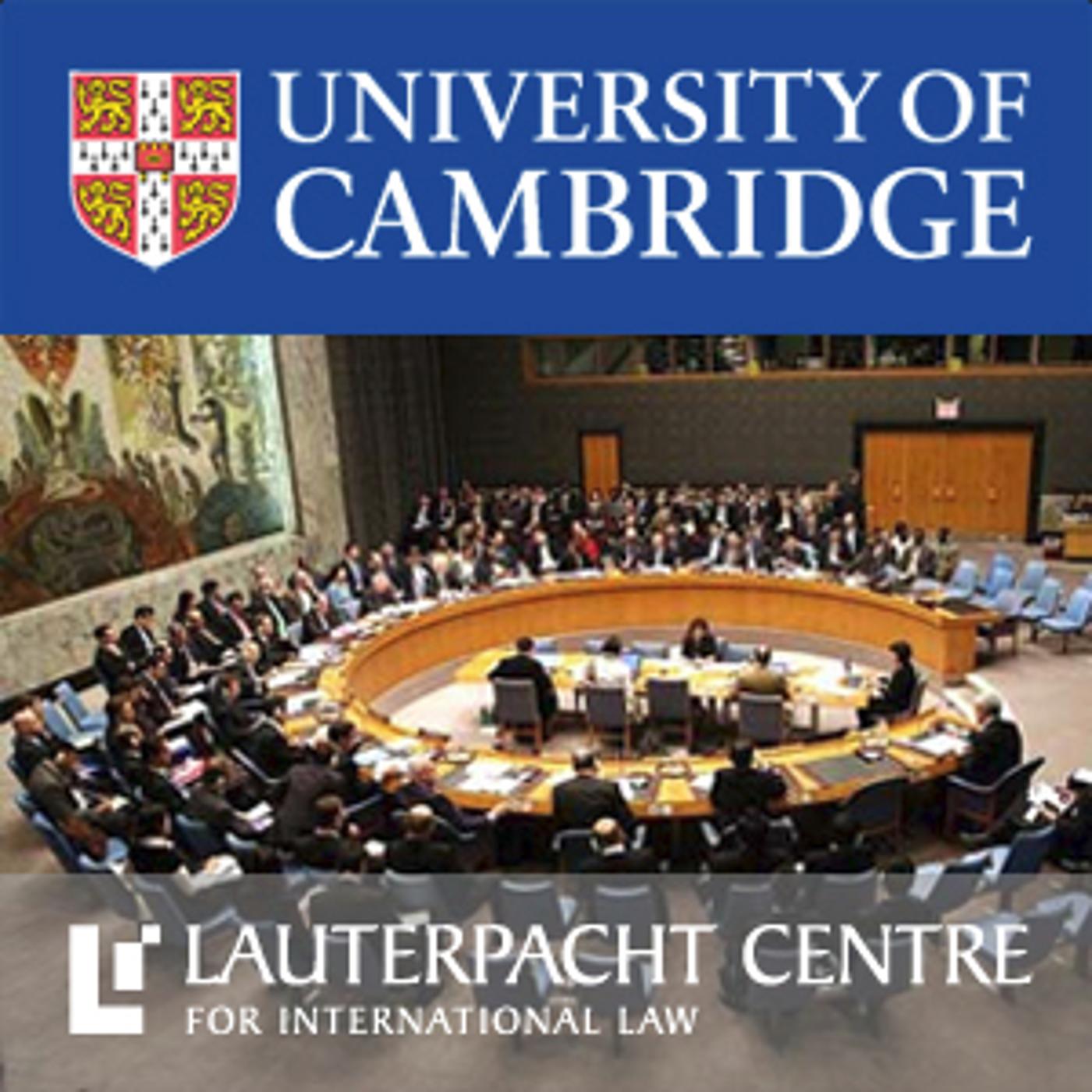Friday Lecture: 'Global Re/Ordering Through Norms - A Methodological Stocktake' - Prof Antje Wiener, University of Hamburg
Description
Lecture summary: The United Nations Charter order (UNCO) and the co-evolved liberal international order (LIO) are contested with a heretofore unknown force. The steep rise in contestations in the realm of public politics rather than the courtroom demonstrates a shift from normal contestation as a source of legitimacy and ordering towards deep contestation as a political challenge of foundational elements of liberal order. Today, not only in the Global South but also across Europe and North America, sceptics of globalization on the political left and nationalist-populists on the political right are challenging the fundamental pillars of the LIO (i.e., democracy, economic openness, and multilateralism). The process is paired by growing contestations of international law that is codified in the UN Charter including contestation of core norms of the UNCO (i.e., non-intervention, human rights, and sovereignty). While the effect of deep contestation is unknowable, we do know however that normal contestation is the essence of everyday politics. The clash of interests, norms, and ideas is entirely normal. Yet, contestation can also be degenerative, moving political outcomes away from desired ends through ad hoc and perhaps inconsistent compromises. As core norms of the LIO and UNCO have become deeply contested, we require a better understanding about the expected effects. Access to contestation as the right to speak and participate in political decisions is a necessary condition for normative legitimacy and mutual recognition of the norms that govern us. Achieving this condition involves struggles about norm(ative) meaning-in-use which take place on distinct sites of global order. This raises a question about time, substance, and norm(ative) change in global order more generally and, more specifically, which elements of international order ought to be retained. The lecture posits that the observed qualitative shift from constitutive everyday contestations towards potentially degenerative political contestation calls for a methodological stocktake of how contestations work with regard to global re/ordering, i.e. whose practices count and whose norms ought to count in that process?
Professor Antje Wiener FAcSS, MAE, holds the Chair of Political Science, especially Global Governance at the University of Hamburg where she is a member of the Faculty of Business and Social Sciences as well as the Law Faculty. She is an elected By-Fellow of Hughes Hall University of Cambridge, a Fellow of the UK’s Academy of Social Sciences, and a Member of the Academia Europea. Her research and teaching centres on International Relations theory, especially norms research and contestation theory. Previously she held Chairs in International Studies at Queen’s University Belfast and the University of Bath and taught at the Universities of Stanford, Carleton, Sussex and Hannover. Current research projects include ‘Contested Climate Justice in Sensitive Regions’ at the Cluster of Excellence Climate, Climatic Change and Society (CLICCS) as well as ‘Doing Theory – From Where and What For? A Backpackers’ Guide to Knowledge Production’ at the Centre for Sustainable Society Research (CSS) among others. With James Tully, she is co-founding editor of Global Constitutionalism (CUP, since 2012 ). And she also edits the Norm Research in International Relations Series (Springer). She serves on several Committees of the Academy of Social Sciences . In 2021, she concluded her second three-year term as elected member of the Executive Committee of the German Political Science Association (DVPW). Her book ‘Contestation and Constitution of Norms in Global International Relations’ (CUP 2018) was awarded the International Law Section’s Book Prize in 2020. And her most recent book ‘Contesting the World: Norm Research in Theory and Practice’ co-edited with Phil Orchard was published with CUP in 2024.
More Episodes
Lecture summary: In this talk Sharifah Sekalala examines this critical moment in the making of Global Health Law, with two treaty making processes: the newly finalised revisions of the International Health Regulations and ongoing negotiations by the Intergovernmental Negotiation Body for a...
Published 11/18/24
Published 11/18/24
Lecture summary:
Part 1 of the Lecture focuses on the development of the right to self-determination as a rule of customary international law and its application to the Chagos Archipelago, Africa and the Commonwealth Caribbean. The adoption of Resolution 1514 by the General Assembly of the United...
Published 10/21/24


